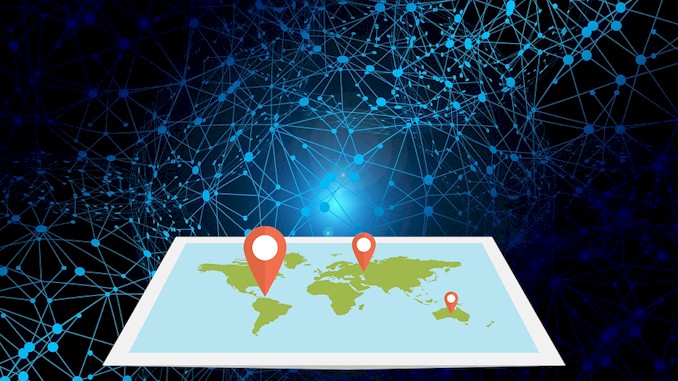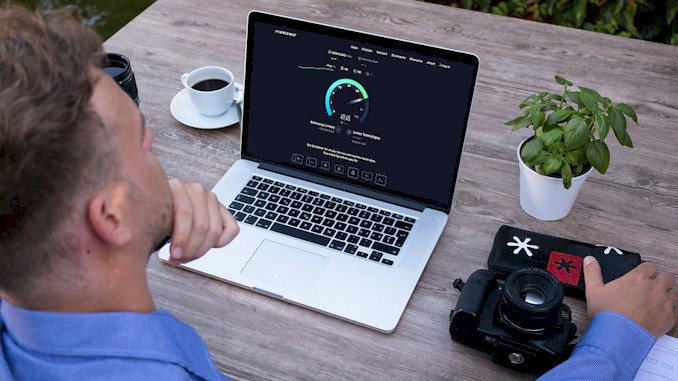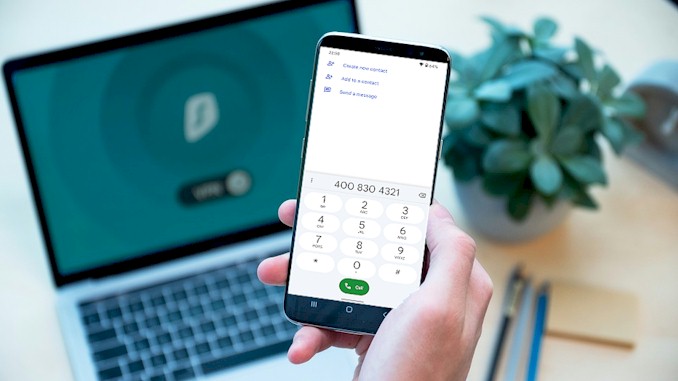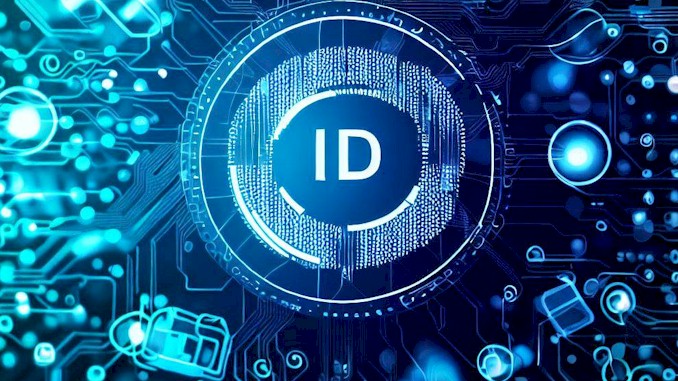Does VPN change the IP address every time when I use it
As you know, using a VPN while we are surfing the internet will provide some privacy protection from the apps and services we use. These apps and services sell information about us to advertising networks, even adversaries. The key here is that a VPN can prevent the apps and websites from attributing our behavior to the IP address of the device because we hide our real IP address from them. I wonder whether a VPN change IP addresses every time I use it. If I always got the same IP address from the VPN, combined with my behavior and digital fingerprint, do I could still be targeted by advertisers? This article is about what I have learned about this topic.
VPN does change your IP address each time you connect to the VPN server. Whether you will get a different IP address from the VPN is random. You can make sure to get a different IP address each time by connecting to a different VPN server from the VPN servers list each time when you use the VPN.
You can ensure that your actual IP address is never collected by the destination side while you are using a VPN. That’s an essential portion of your identity. When one doesn’t know your identity, all activities related to the identity become meaningless. That’s a huge boost to your privacy security online. Here are some details about the topic, as you learn more about it you could be more relaxed while surfing without compromising your privacy.
Changing your IP address is an essential portion of how a VPN works
The VPN was designed to help remote users of an organization connect to the intranet and work in the same way that they would if they were in the office. It’s essential to change the public IP address of the remote clients to a private IP address of the intranet to access internal resources.
The VPN server acts as a remote access server that authenticates remote users and grants them the needed permissions. One very important job it has done is encapsulating, encrypting, and checking the integrity of communication packets depending on which protocol is used.
Apart from the above, the VPN server has to rewrap communication packets with a private IP address for them to reach the destination in the intranet correctly.
The VPN you now use is no different, only you as a remote client get a public IP address instead of a private IP address of an intranet. The main point in this scenario is that hide your real IP address, make you look like are in a location or country where you actually are not. and overcome the censorship on the internet implemented by some countries.
Does VPN generate new IP address
There is no VPN server or VPN service provider that could generate a new IP address. The IP address you talk about commonly refers to IPv4 address which is a limited amount and shortage right now.
Generally, the most main players in the VPN industry rent servers as their VPN servers from data centers around the world. The data centers have plenty of IP addresses for all kinds of services.
Since the VPN provider generally rents many servers from a data center, it is very normal for them to have many IP addresses in their hands. And for better service quality and workload balance, there always are multiple servers working for a single VPN server node you see on the VPN server list and each server has its own IP address. Similar to what leading VPN service providers like ExpressVPN have implemented.
For instance, in a cluster setup for ExpressVPN Access Servers, multiple servers or nodes provide active connections for VPN clients. They share configuration files on a central database, and clients connect to nodes based on a round-robin DNS record, which helps distribute the load evenly across the servers. Moreover, having multiple IP addresses helps in maintaining service continuity in case one server goes down, as the traffic can be rerouted to another server in the cluster.
So, the concept of having multiple servers for a single VPN server node is a standard practice in the industry to achieve scalability and high availability.
And it seems that after a period of time, the data center would provide a new IP addresses pool to the VPN provider to switch all IP addresses they are using.
This is why you might notice that each time you connect to the VPN server, you receive a new IP address. It’s also the reason why streaming service providers find it challenging to block VPNs using IP addresses on their blacklist.
So the VPN doesn’t generate new IP addresses, they just have plenty of IP addresses at their disposal.
Can I keeping communication with local computers after the VPN changes my IP address
You can be keeping communication with local computers in your local network even if you are connected to a VPN. The VPN you are connecting with will not stay in the way of communicating with computers in the local network because they are totally different routes.
It seems like you decide all communication with the outside world of your home would go through a middle person who provides the special service. But it has nothing to do with all communication between the family members in your home, right?
Actually, when you use a VPN, all outbound traffic will take the route to the VPN server whereas others remain in the local network without any changes in their data pockets.
So you still can access all shared resources of all computers in the local network while you connect to a VPN. There is no way that your communication packets would take the VPN route when your computer tries to communicate with local computers in the local network.
Can someone track my real IP address when I use a VPN
Your VPN provider can track your real IP address while you use a VPN to surf the internet. Others can’t.
Your VPN provider knows exactly who you are and what the real IP address you own is. Because the VPN server you connect with could record all information you could imagine in its log file or database, such as the IP address of the device that connects to it, the identity, details of the device, and activities on the internet.
That’s why it is vital to choose a highly reputed VPN provider, such as ExpressVPN, NordVPN, Surfshark…etc, that doesn’t keep user log files, and that has been proven by a third-party audit agent.
In case there is no spy software on your computer, others apart from your VPN provider can’t track your real IP address while you use a VPN. All they know are what activities you did while you were on their website, details of your device, the time you reached them, etc. But they can’t identify you! For them, there is an act but no actor, you are totally safe.
Down the way, when you are surfing the internet over the VPN. You can be at ease to know that there is no one knows who you are if you choose to use a decent VPN and clear of computer viruses. They can’t track your real IP address since what they got is the one of a VPN server, not yours.
Will my IP address change permanently after using a VPN
Your IP address will not change permanently after using a VPN. As you read to learn at beginning of this article, it seems that your IP address has been changed after being connected to a VPN. That is because the VPN server changed the IP address data in the communication packets you sent over. And the destination acknowledges your IP address according to what it read in the changed data packet.
It is like that you send mail to the recipient via a middle person. When you hand the mail to the middle guy, the address you wrote on the envelope of the mail is exactly the address where you live. Then the middle guy changed the address to the one where he is and sent it to the recipient. It doesn’t mean your address of home changed permanently after using the middle person to send your mail.
The same principle applies when using a VPN. Your IP address changes as you access internet resources through a VPN connection. Without a VPN, all destinations can identify your actual IP address.







